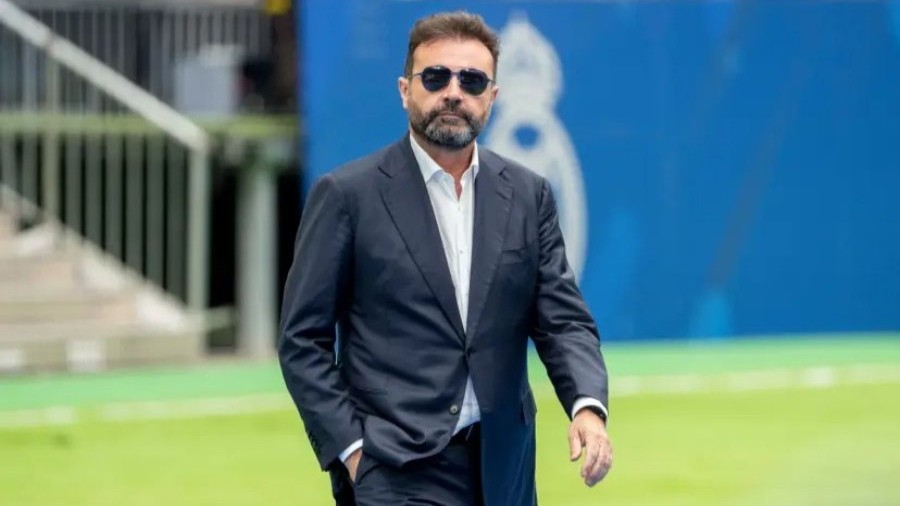

 Español
Español

This is not the first time Real Madrid has shaped one of Harvard University’s renowned case studies. History is repeating itself, as the club’s recent strategies form the basis for a new case study reflecting its efforts over the past few years. Real Madrid’s message is not only directed towards the Super League but also highlights the need for football's system to evolve for long-term survival.
José Ángel Sánchez, Real Madrid’s CEO, who rarely speaks publicly, contributed to a Harvard Business School (HBS) case study. As reported by The Guardian, Sánchez compares UEFA’s current approach to the musicians on the Titanic, continuing to play as disaster looms. The study, conducted by HBS professor Anita Elberse, alongside Juan Pasquín and Íñigo Pasquín, explores Madrid's business model and the club's shift from the Galacticos era towards prioritizing younger talent.
Real Madrid has moved away from signing players for short-term appeal, focusing instead on long-term sustainability. The club’s new strategy is centered on controlling costs in a market where it no longer holds the dominant financial power it once had. This approach aligns with the club’s ambition for a new European league. Anas Laghrari, an advisor to club president Florentino Perez, envisions "high-quality football year-round." Sánchez likens Madrid’s situation to the fictional village of Asterix, resisting powerful invaders.
Sánchez also highlighted the challenges posed by the Premier League’s financial strength, driven by massive TV revenues. "It’s an unfair competition," he said, pointing to clubs owned by sovereign wealth funds, such as Manchester City and PSG. For Real Madrid, the issue is UEFA’s role in the football ecosystem. Sánchez believes clubs should have more control over media rights, allowing them to create direct relationships with fans.
Real Madrid recently became the first football club to surpass €1 billion in annual revenue. However, Sánchez argues that the club faces an uphill battle, especially against nation-owned clubs with virtually unlimited financial resources. While football remains immensely popular, he believes the structure of the game must change for clubs like Real Madrid to thrive in the modern landscape.
Anas Laghrari echoed Sánchez’s views, questioning UEFA’s involvement in competitions when the clubs take all the business risks. He advocates for a model where clubs have greater control over their media rights and revenues, directly engaging with their global fanbase and removing intermediaries like UEFA. This approach, he argues, would unlock the potential for clubs like Real Madrid to grow significantly.
********************************************************
You can now download the Madridista News App for free on the Apple Store and Google Play.
You can follow us on Facebook here.
You can follow us on X (Twitter) here.
You can follow us on Instagram here.
You can subscribe to our YouTube channel here.
You can follow us on Telegram here.
You can follow us on TikTok here.
You can join our WhatsApp channel here.